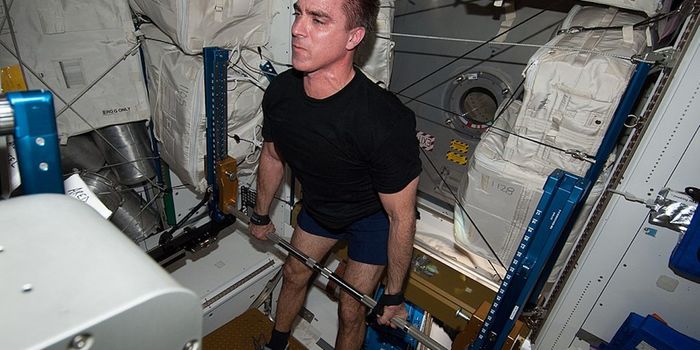Visually Impaired Could Get Help with "Smart" Walking Stick
In a recent study presented at the 2022 IEEE/RSJ International Conference on Intelligent Robots and Systems (IROS), a team of computer scientists at the University of Colorado Boulder (CU Boulder) presented a proof-of-concept system using artificial intelligence towards developing a “smart” walking stick designed for blind people or the visually impaired. This study holds the potential for the visually impaired to perform daily tasks, such as grocery shopping and even sitting in a cafeteria.
"I really enjoy grocery shopping and spend a significant amount of time in the store," Shivendra Agrawal, who is a PhD student in the Department of Computer Science at CU Boulder and lead author of the study, said in a statement. "A lot of people can't do that, however, and it can be really restrictive. We think this is a solvable problem."
For the study, the researchers added a camera and computer vision technology to a standard white-and-red cane, which allowed it to both map and catalog the surrounding environment. The now-advanced cane guides the user through vibrations in its handle, along with voice commands, to include, “reach a little bit to your right.”
The study’s results showed that subjects successfully located the correct chair in 10 out of 12 trials with changing levels of difficulty. While all the subjects were sighted people wearing blindfolds, the researchers plan to develop the technology and ask blind or visually impaired individuals to work as subjects.
"AI and computer vision are improving, and people are using them to build self-driving cars and similar inventions," Agrawal said in a statement. "But these technologies also have the potential to improve quality of life for many people."
Sources: IEEE Xplore, CU Boulder Today
As always, keep doing science & keep looking up!









